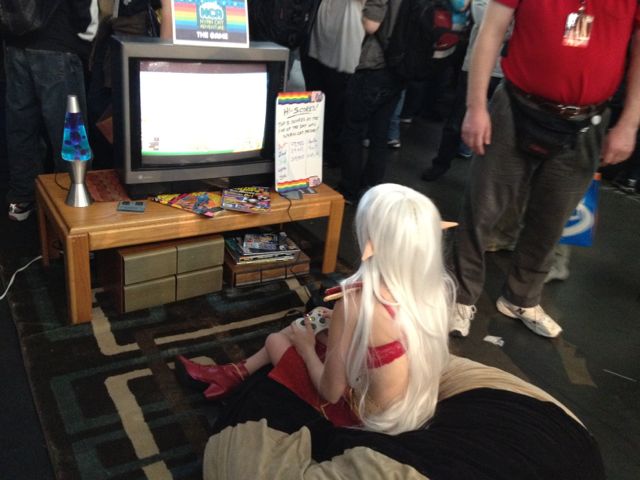Aaron Brown
A little over 10 years ago, an off duty police officer shot and killed my brother’s best friend, Aaron. The officer was moonlighting as a security guard at the IHOP where Aaron and his friends went for a late night breakfast.
The officer fired at the car as Aaron and his friends drove out of the parking lot. Aaron was in the back seat, behind the driver. He was shot through the heart and died almost immediately.
Aaron was a truly sweet young man, a talented musician, and a good friend to my family. Aaron was going to the local community college. He was still in town with the same circle of friends that he shared with my brother. My brother was away at school. Things could easily have been very different.
There is no satisfying end to the story, just a dead young man and a family and community wracked with grief.
Things are terribly, terribly wrong in our society. We need to address the adversarial relationship between the police and those they protect. We need to address the epidemic of guns that can only escalate violence into more violence. We need to address imbalance, unfairness, and lack of opportunity at the root. We must address biases of race, gender, economics, sexuality, and religion.
Through all this, we must not lose sight of the fact that in every single death, without exception, no matter the story: There is a life snuffed out and a family and community wracked with grief. This is true regardless of race, regardless of who did the killing, regardless of what they claimed as their motives.
This will be the work of more than a generation. We should start today.




